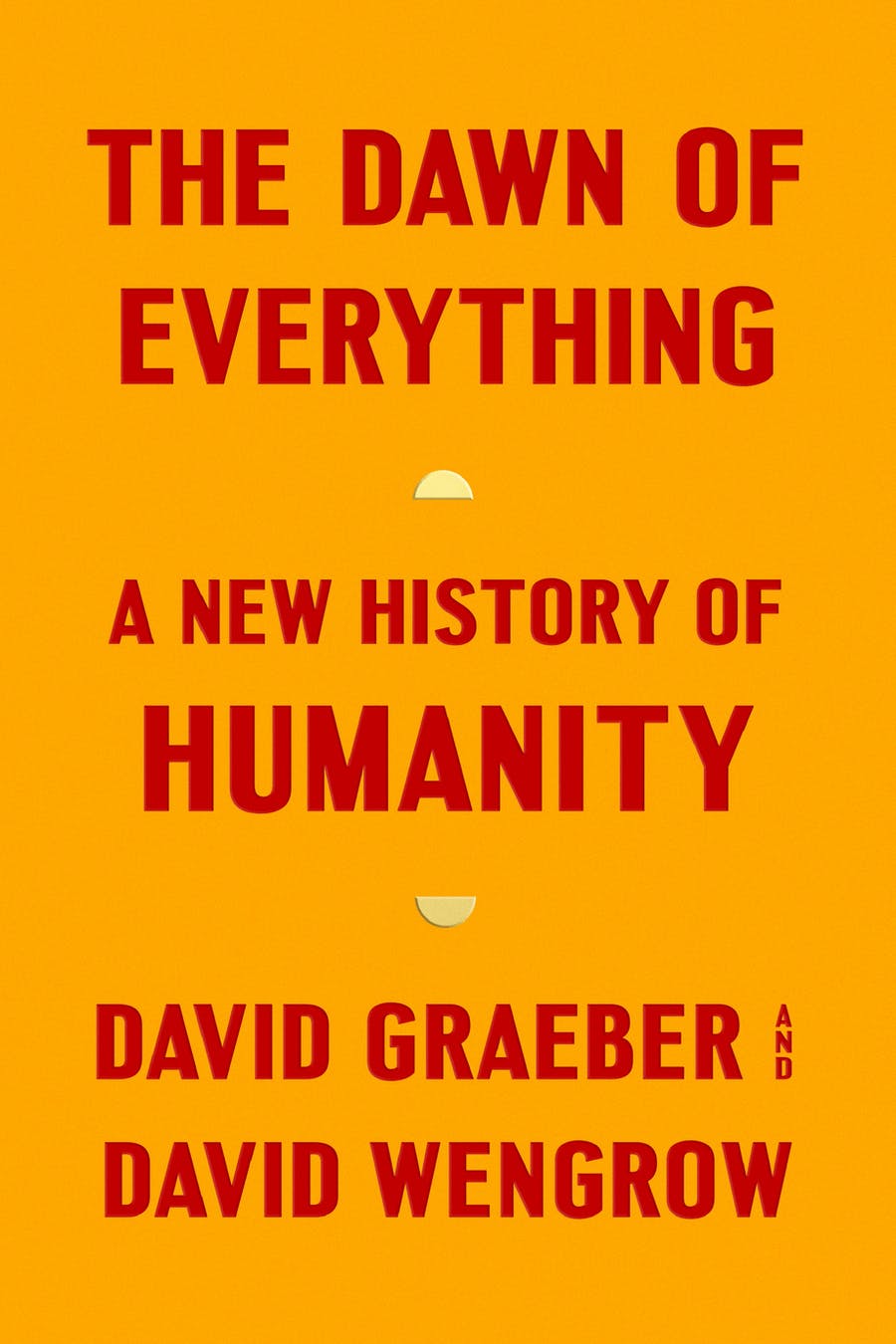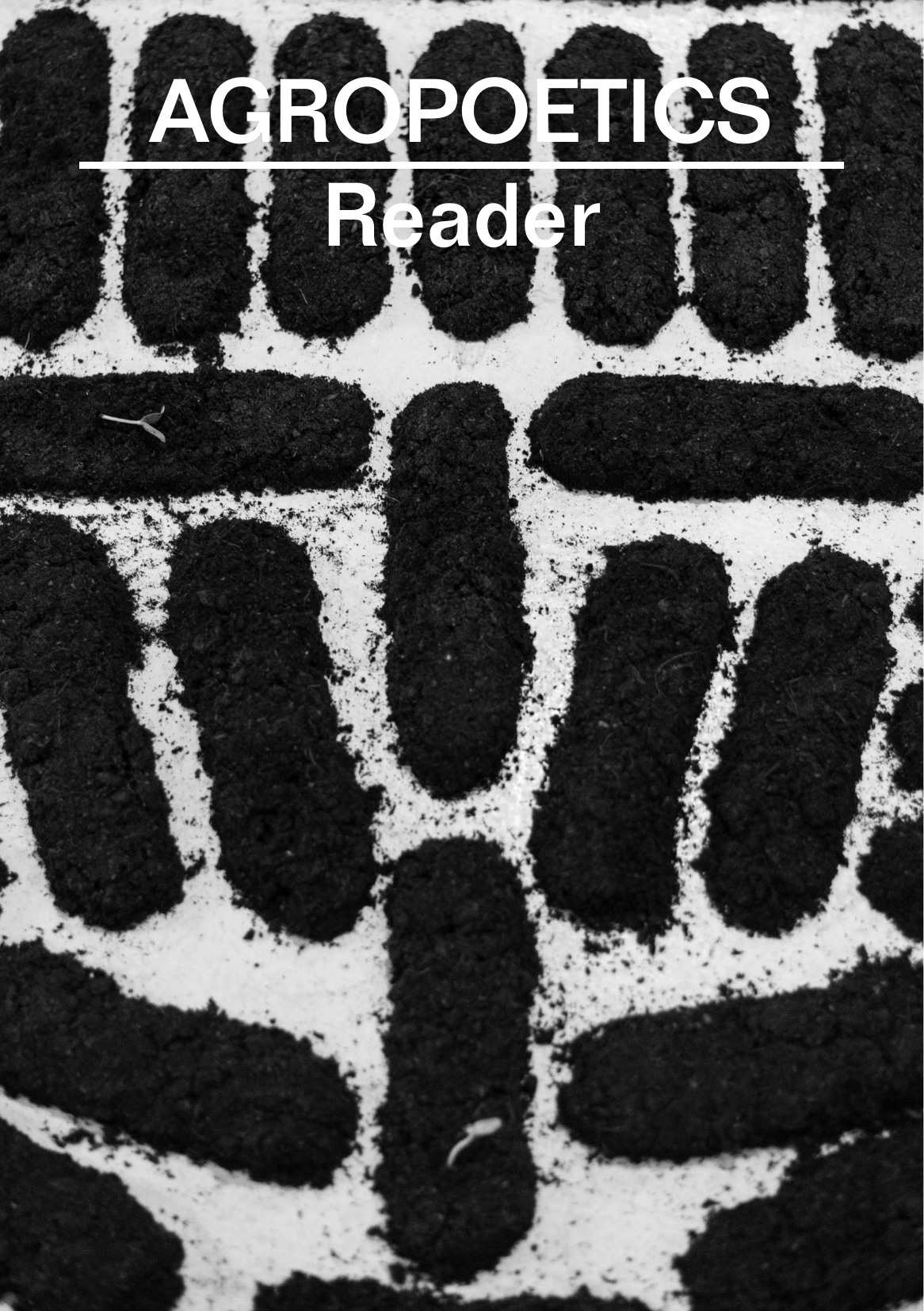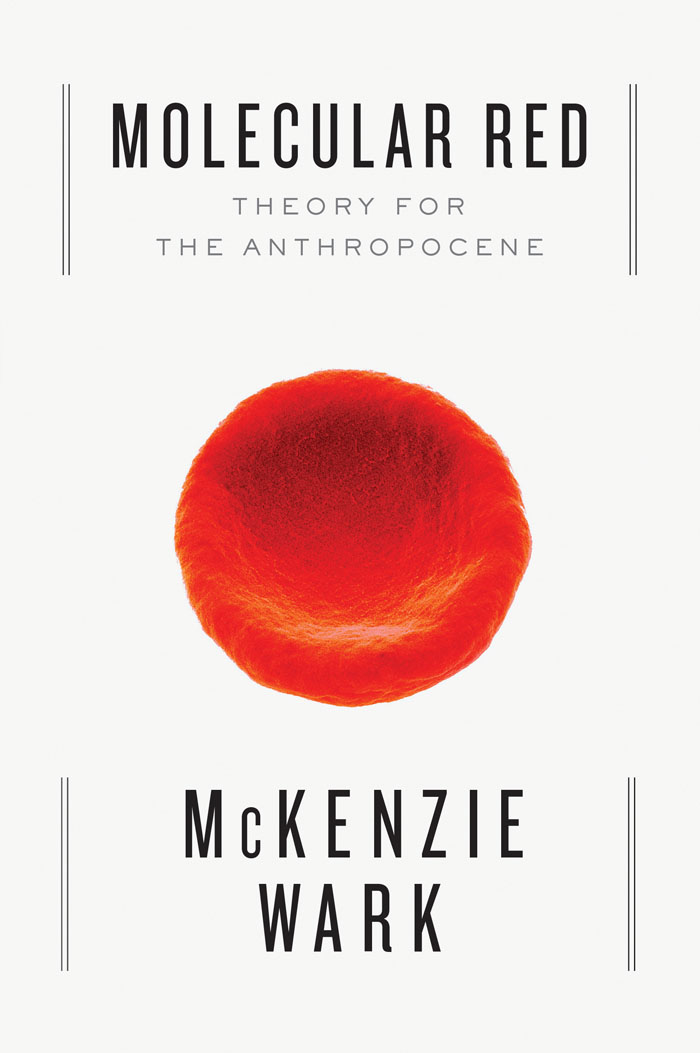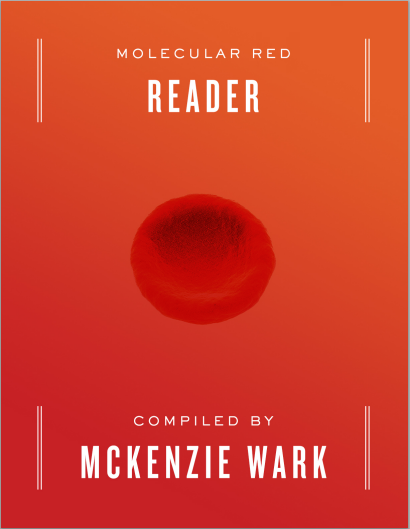David Graeber, David Wengrow: The Dawn of Everything: A New History of Humanity (2021)
Filed under book | Tags: · agriculture, bureaucracy, city, critique, history, human, indigenous peoples, politics, production, progress, property, sovereignty

“For generations, our remote ancestors have been cast as primitive and childlike–either free and equal innocents, or thuggish and warlike. Civilization, we are told, could be achieved only by sacrificing those original freedoms or, alternatively, by taming our baser instincts. David Graeber and David Wengrow show how such theories first emerged in the eighteenth century as a conservative reaction to powerful critiques of European society posed by Indigenous observers and intellectuals. Revisiting this encounter has startling implications for how we make sense of human history today, including the origins of farming, property, cities, democracy, slavery, and civilization itself.
Drawing on research in archaeology and anthropology, the authors show how history becomes a far more interesting place once we learn to throw off our conceptual shackles and perceive what’s really there. If humans did not spend 95 percent of their evolutionary past in tiny bands of hunter-gatherers, what were they doing all that time? If agriculture, and cities, did not mean a plunge into hierarchy and domination, then what kinds of social and economic organization did they lead to? The answers are often unexpected, and suggest that the course of human history may be less set in stone, and more full of playful, hopeful possibilities, than we tend to assume.”
Publisher Farrar, Straus and Giroux, November 2021
ISBN 9780374157357, 0374157359
xii+692 pages
Reviews: William Deresiewicz (The Atlantic, 2021), Giulio Ongaro (Jacobin/Tribune, 2021), Jennifer Schuessler (The New York Times, 2021), Kwame Anthony Appiah (The New York Review, 2021), David Priestland (The Guardian, 2021), Emily Kern (Boston Review, 2021), Steve Rushton (Bella Caledonia, 2021), George Scialabba (New Republic, 2021), Chris Knight, Nancy Lindisfarne and Jonathan Neale (Monthly Review, 2021), Tunku Varadarajan (Wall Street Journal, 2021), Erle C. Ellis (Science, 2021), Peter Isackson (Fair Observer, 2021), Noah Berlatsky (NBC News, 2021), Annalee Newitz (Washington Post, 2021), Matthew Porges (LA Review of Books, 2022), Richard Handler (TLS, 2022), anon. (Astral Codex Ten, 2022), Milena Bartlová (A2larm, 2022, CZ), Joe Gill (Middle East Eye, 2023), more.
Book website
Publisher
WorldCat
Agropoetics Reader (2020)
Filed under book | Tags: · agriculture, anthropocene, art, colonialism, commons, decolonization, ecology, feminism, land, poetics

“The Agropoetics Reader unfolds as a collection of texts that informed, grounded, and nourished Soil Is an Inscribed Body. In this context of reflections and cogitations about the epistemic violence perpetrated by the West against other forms of knowledges, the project examines anti-colonial struggles of past and current land conflicts across the world in order to address the invasiveness of neo-agro-colonialism and its extractivist logics.”
With contributions by Bengi Akbulut, Yemisi Aribisala, Marwa Arsanios, Luis Berríos-Negrón, Filipa César, Marisol de la Cadena, Ayesha Hameed, INLAND, Mijo Miquel, Asuncíon Molinos Gordo, Huying Ng, Maria Ptqk, Maria Puig de la Bellacasa, Silvia Rivera Cusicanqui, Bouba Touré, Mirellle and Jennifer in conversation with Alex Ungprateeb Flynn, Hervé Yamguen, and the editors.
Edited by Elena Agudio, Marleen Boschen, and Lorenzo Sandoval, with Onur Çimen and Cleo Wächter
Publisher Institute for Endotic Research Press, Berlin, with Savvy Contemporary, Berlin, 2020
Open access
ISBN 9783981951264
235 pages
McKenzie Wark: Molecular Red: Theory for the Anthropocene (2015)
Filed under book | Tags: · agriculture, anthropocene, climate, climate crisis, communism, cyborg, environment, knowledge, labour, literary criticism, marxism, nature, philosophy, production, proletariat, proletkult, revolution, science, science fiction, technoscience, tektology, theory, utopia


“In Molecular Red, McKenzie Wark creates philosophical tools for the Anthropocene, our new planetary epoch, in which human and natural forces are so entwined that the future of one determines that of the other.
Wark explores the implications of Anthropocene through the story of two empires, the Soviet and then the American. The fall of the former prefigures that of the latter. From the ruins of these mighty histories, Wark salvages ideas to help us picture what kind of worlds collective labor might yet build. From the Russian revolution, Wark unearths the work of Alexander Bogdanov—Lenin’s rival—as well as the great Proletkult writer and engineer Andrey Platonov.
The Soviet experiment emerges from the past as an allegory for the new organizational challenges of our time. From deep within the Californian military-entertainment complex, Wark retrieves Donna Haraway‘s cyborg critique and science fiction writer Kim Stanley Robinson’s Martian utopia as powerful resources for rethinking and remaking the world that climate change has wrought. Molecular Red proposes an alternative realism, where hope is found in what remains and endures.”
Publisher Verso, London and New York, March 2015
ISBN 1781688273, 9781781688274
xxiv+280 pages
Reviews: Slavoj Žižek (Verso 2015, Wark’s response), John Beck (Radical Philosophy 2015), Mark Rappolt (ArtReview 2015), Maria Chehonadskih (Mute 2015, Wark’s response), Two Grenadiers (2015), Pieter Vermeulen & Tom Chadwick (nY 2016), Jim Harper (LSE Review of Books 2016).
Commentary: Joe Guinan (Renewal 2015), Jernej Kaluža (Radio Student 2019, SL).
Video lecture (Concordia U, Apr 2015)
Publisher
WorldCat
See also Molecular Red Reader compiled by Wark (PDF).
Comment (0)
